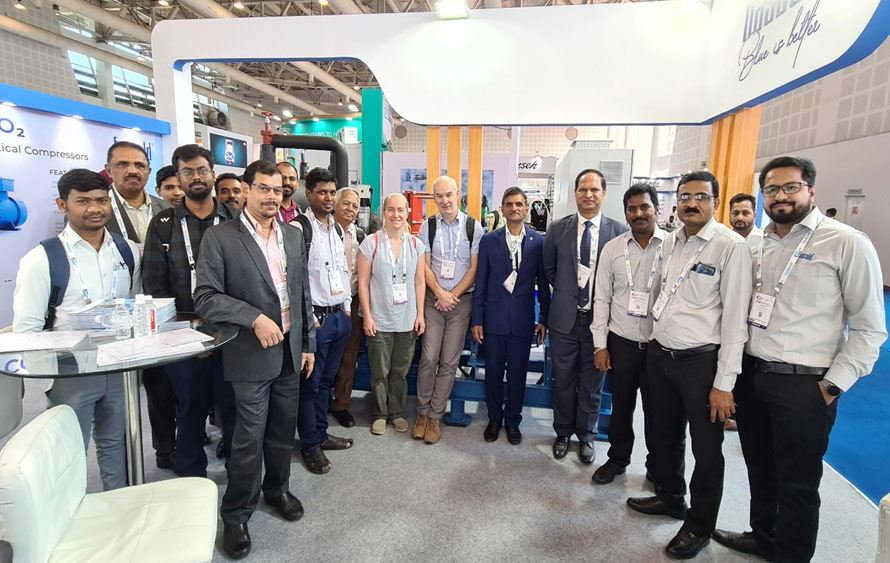Access to efficient, climate-friendly heating and cooling is becoming increasingly vital due to rising temperatures and growing concerns around food security. The refrigeration and air conditioning (AC) sector contributes to global CO₂-equivalent emissions, primarily from refrigerant leakage and inefficient energy use.
In India, inadequate cold chain infrastructure leads to the loss of up to 40% of food production, with particularly high losses in perishable goods like fruits, vegetables, and seafood. These challenges are compounded by increasing energy demand and the urgent need to reduce dependence on fossil fuels.

INDEE3 was launched to support India’s transition to low-carbon heating and cooling technologies. The project promotes the use of natural refrigerants, improved refrigerant lifecycle management, and more efficient cold chain solutions across sectors such as seafood, food processing, and buildings.
It builds on the success of the earlier INDEE+ project and aligns with international climate goals, including the Kigali Amendment and the EU F-gas regulation.
SINTEF contributes with expertise in energy systems, food processing, and sustainability modelling. SINTEF Ocean brings strong links to the fisheries and dairy sectors, while SINTEF Energy focuses on industrial heating and cooling technologies.

